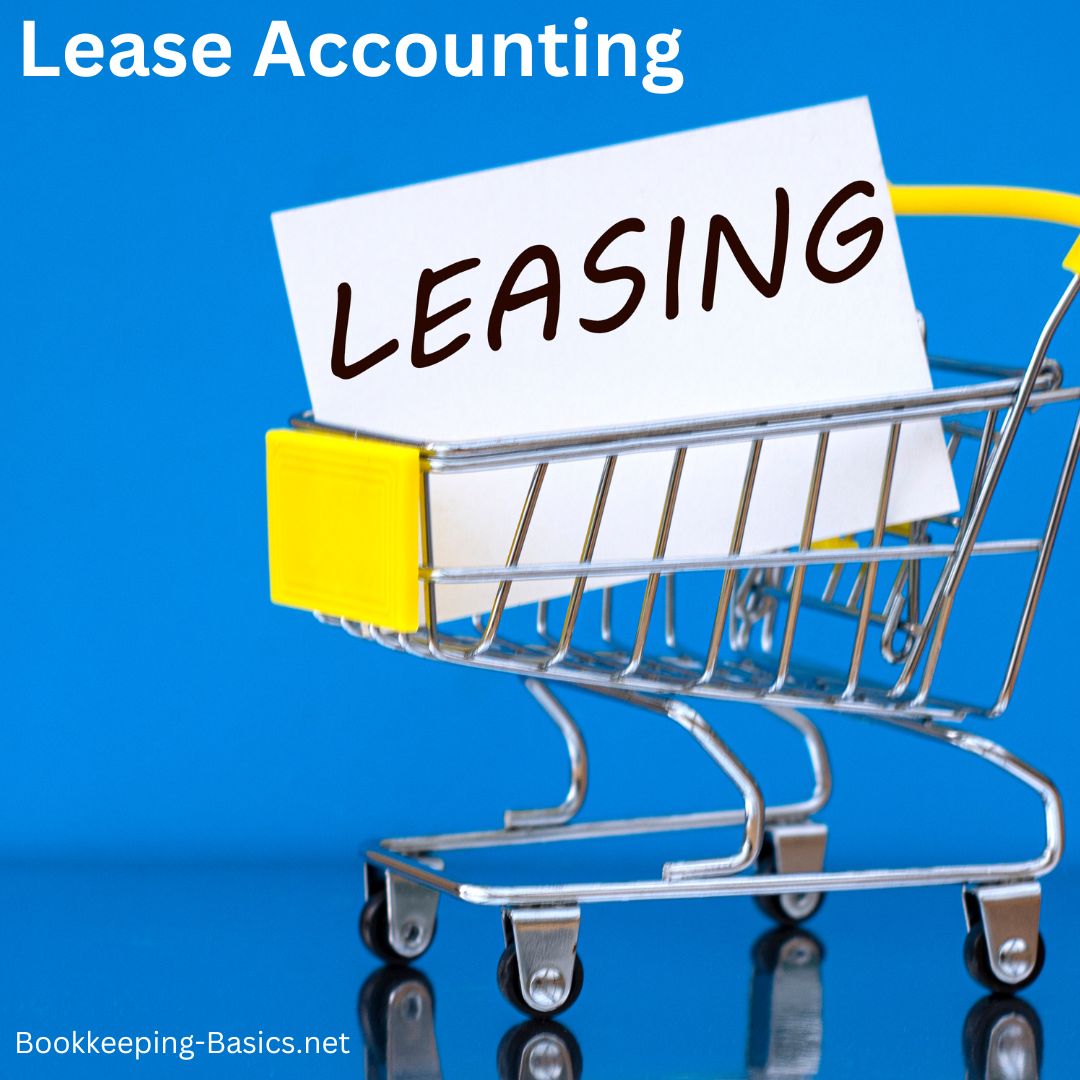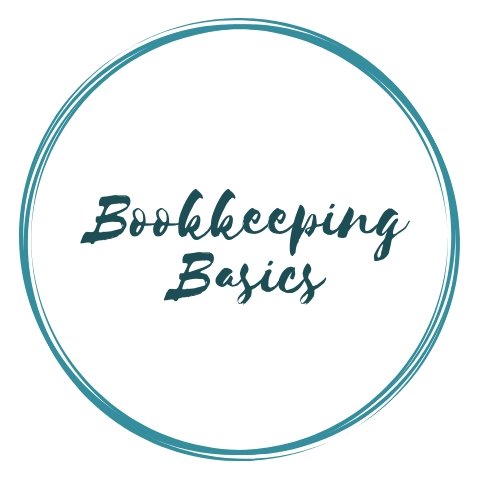- Home
- Bookkeeping Services
- Santa Rosa Bookkeeping and Lease Accounting Changes
Santa Rosa Bookkeeping and Lease Accounting Changes
Control Groups and Financial Regulations
Santa Rosa Bookkeeping and Lease Accounting Changes - Financial regulators and industry control groups are preparing to release a number of different accounting changes in the near future.
One of the major changes that Santa Rosa businesses need to be aware of is a proposal to change the lease accounting rules. This could significantly impact their bookkeeping practices.
Santa Rosa Bookkeeping and Lease Accounting Changes Impact Businesses
The International Accounting Standards Board (IASB) and the Financial Accounting Standards Board (FASB) are collaborating to make changes to their policies on lease accounting.
The new policies could have substantial implications for small businesses that rely heavily on leasing properties and facilities. They were proposed around the time that the North Bay Business Journal reported that leases accelerated significantly over the past year, which means that many businesses may need to be prepared to make changes to their Santa Rosa bookkeeping practices.
The FASB states that the current procedures don’t require businesses to report leases on their balance sheets. As a result, future creditors may not be fully aware of the debt these businesses actually face. The new policy would require them to begin reporting leases on their balance sheet, possibly as early as next year.
How would this change affect Santa Rosa bookkeeping? Here are some changes that small businesses would need to be prepared for:
· They would need to get in the habit of changing their leasing policies.
· Their current ratio and working capital ratios would be lower, which could lead creditors to believe that their long-term ability to repay new obligations may not be as high.
If you lease equipment or property, then a change to lease accounting policies would have a clear impact on your business. You may need to be concerned if your current ratios are near the cutoff limit that future lenders use, because they may be more inclined to deny you a loan after the new rules go into effect. In this situation, you would have two options:
1. Apply for a loan before the new policies go into effect (they haven’t been confirmed yet), because you can use your existing ratios to better qualify for a loan.
2. Begin taking new steps to reduce your long-term liabilities. This may require you to overhaul the financial structure of your business model, but it may be necessary if you hope to get a loan for new capital in the future.
Lenders use different standards for companies in various industries, but the average current ratio they generally look for is 1.5. Unless you are in an industry that relies heavily on short-term debt financing, then you may need to make some changes. You may want to consider speaking with an accountant if your current ratio is higher than this value.
What Is Lease Accounting?
Lease accounting refers to the accounting standards and guidelines that govern how companies record and report leases in their financial statements. It provides a framework for recognizing, measuring, presenting, and disclosing lease-related information to ensure transparency and consistency in financial reporting.
The International Financial Reporting Standards (IFRS) and the Generally Accepted Accounting Principles (GAAP) provide guidelines for lease accounting. These standards aim to accurately represent the financial impact of lease transactions on a company's financial statements.
Under lease accounting, leases are categorized into two main types: operating leases and finance leases (also known as capital leases). Each type of lease is treated differently in terms of how it is recognized and reported in the financial statements.
- Operating Leases: Operating leases are typically short-term leases or leases for non-specialized assets. Under operating lease accounting, the lessee (the company leasing the asset) records lease payments as operating expenses in the income statement over the lease term. The leased asset is not recorded on the balance sheet, and the lease obligations are disclosed in the footnotes of the financial statements.
- Finance Leases: Finance leases, on the other hand, are long-term leases or leases that transfer substantial ownership and risks of ownership to the lessee. Under finance lease accounting, the lessee records the leased asset as an asset and the lease liability on the balance sheet. Lease payments are separated into principal and interest portions, with interest expense recorded in the income statement and the principal portion reducing the lease liability over time.
In addition to recognition and measurement, lease accounting also covers other aspects, such as lease modifications, lease incentives, impairment of leased assets, and lease disclosures. These requirements ensure that companies provide relevant and reliable information to users of financial statements, enabling them to assess the company's financial position, performance, and cash flow.
Lease accounting underwent significant changes in recent years to enhance transparency and comparability between companies. The introduction of new standards, such as IFRS 16 and ASC 842, has resulted in companies recognizing most leases on their balance sheets, affecting key financial ratios and metrics.
The implementation of lease accounting standards may require companies to invest in new systems and processes to capture and track lease information accurately. It also necessitates ongoing monitoring and assessment of lease agreements to reflect changes in lease terms and conditions.
Overall, lease accounting is a critical aspect of financial reporting, enabling stakeholders to make informed decisions about a company's leasing activities and their financial implications. It ensures transparency and consistency in the treatment of leases, enhancing the quality and reliability of financial statements.
Prepare for the Upcoming Changes to Lease Accounting
The IASB and FASB feel that the existing lease accounting rules need to be dramatically changed. The changes may have considerable implications for small businesses throughout the county. They may be especially relevant to companies in Santa Rosa, since the cost of leasing is considerably higher than most of the rest of the country.
If you believe that changes to the leasing requirements may affect you, then please don’t hesitate to contact me. We look forward to helping you adapt your Santa Rosa bookkeeping and lease accounting changes and policies.
Please subscribe to my monthly newsletter, Bookkeeping Basics E-zine. It tells you every month about the new information that I have added, including some great tips and advice from myself and other Bookkeeping Basics readers.
Like Bookkeeping-Basics.net?
- Home
- Bookkeeping Services
- Santa Rosa Bookkeeping and Lease Accounting Changes

















New! Comments
Have your say about what you just read! Leave me a comment in the box below.